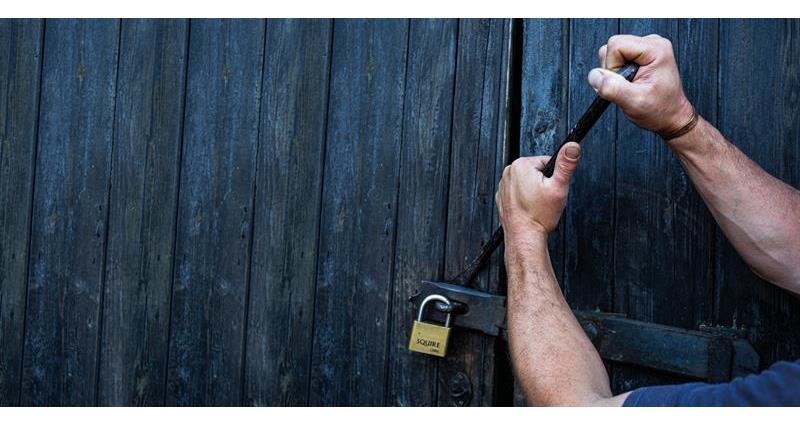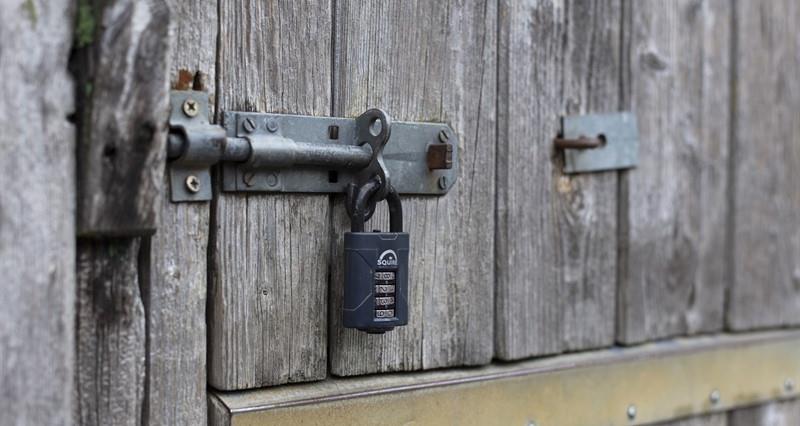»ĘĽŇ»ŞČËhas submitted its response which is summarised below:
ATVs (All-Terrain Vehicles)
The Bill suggests that “mechanically propelled machinery designed or adapted primarily for use in agricultural activities; designed or adapted primarily for use other than on a road” will be required to be fitted with an immobiliser, forensically marked, and registered on a database.
»ĘĽŇ»ŞČËagreed with this definition and suggested that the term ATV will include quad bikes and side-by-side utility vehicles without inadvertently capturing machinery it would not be appropriate to include.
»ĘĽŇ»ŞČËproposed the following definitions that could serve as a legal definition of an ATV:
A mechanically propelled, sit-astride all-terrain vehicle which:
- is primarily constructed or adapted for use off road
- has an engine capacity of at least 250cc or 2kw
- has been designed to travel on a minimum of three low-pressure tyres or is full or partially tracked
- has a seat designed to be used and straddled by a single operator, or a single operator and passenger
- has handlebars for steering control
Or, a mechanically propelled, utility side-by-side all-terrain vehicle which:
- is primarily constructed or adapted for use off road
- has an engine capacity of at least 250cc or 2 kw
- has a minimum of three wheels or is full or partially tracked
- is capable of carrying two or more occupants
We stressed that ATVs are essential pieces of equipment for farm businesses and have become indispensable tools on many farms. The theft of an ATV isn’t just an issue of the machine’s value or replacement cost, but the impact on the business operations such as checking livestock and crops.
A shortage in new and second-hand agricultural machinery has also fuelled a surge in quad theft from farms across the country, with global supply chain problems, shipping delays and the impact of Covid and Brexit having contributed to waiting lists for new ATVS and increased demand for second-hand kit.
»ĘĽŇ»ŞČËcarried out extensive research during the early stages of the Bill, in discussions with Greg Smith MP, and following discussions with insurers, the Agricultural Engineers Association and the Construction Equipment Association produced recommendations on how a database could be established and managed to aid police in investigating these thefts.
GPS (Global Positioning Systems)
The Call for Evidence also called for opinions on a requirement for GPS units used on agricultural machinery to be forensically marked and registered on a database.
We supported the proposals for forensic marking and registration of GPS units as a deterrent to this type of theft and to aid police investigations.
We highlighted that GPS units are becoming essential items of farm equipment, used to provide precision positioning for cultivation and harvesting operations on farms across the world. GPS has become one of the most targeted pieces of farm equipment because of their high cost and portability.
NFU Mutual has reported that compared to same period in the previous year. These figures reveal the cost of GPS theft exceeded ÂŁ500,000 during this period.
The busy harvest season has previously been disrupted by thefts of farm technology, including essential GPS technology, impacting the farm business and potentially food security.
»ĘĽŇ»ŞČËis aware that police investigations can recover stolen units, but it if it is not marked it can be difficult to prove they are stolen, and it is then difficult to return the equipment to the owner. Forensic marking and registration will act as a deterrent to thieves and help police investigations.

